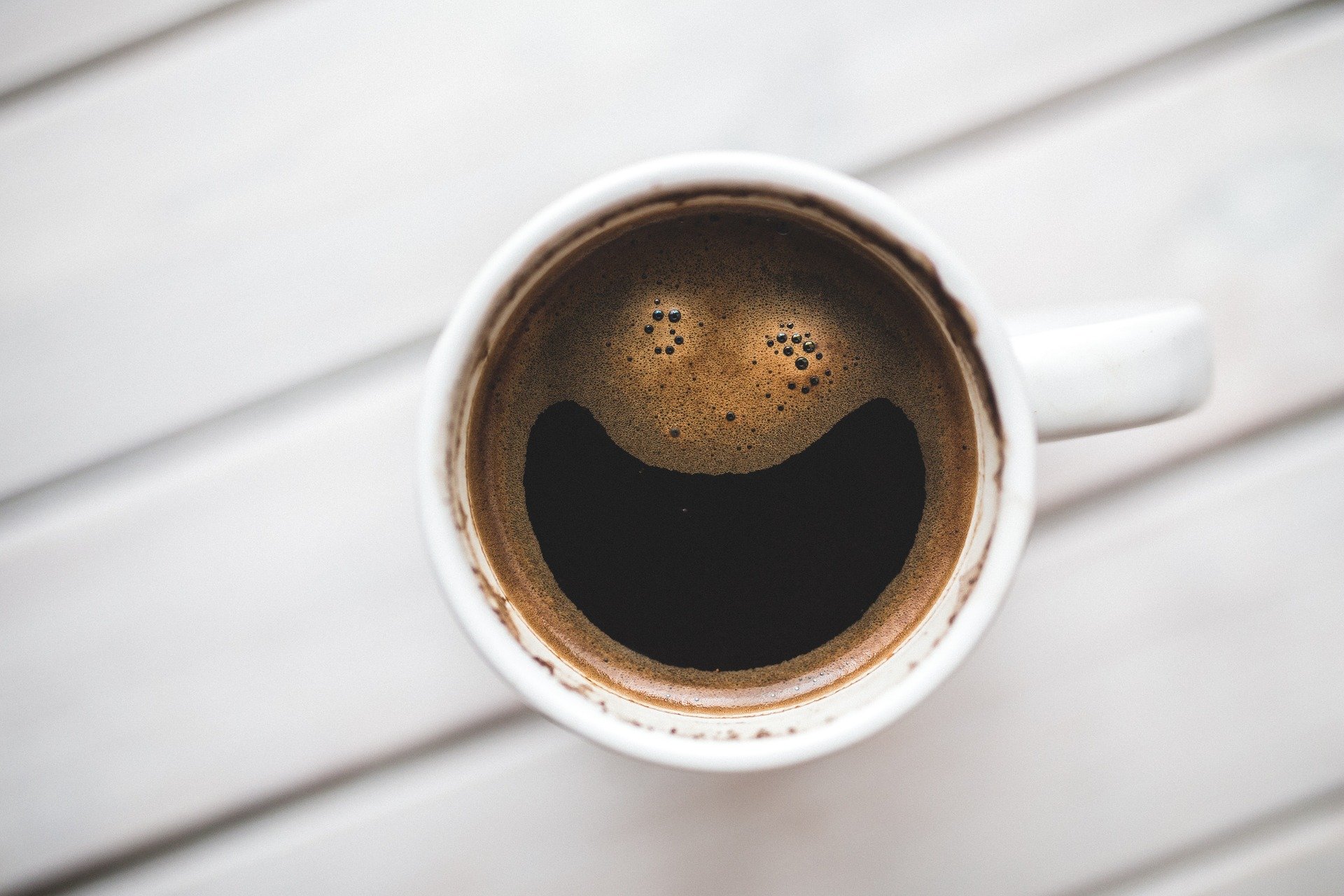More Energy, Less Coffee
By: Kristin Knight
I’ll be honest, I love coffee. In fact, I’m drinking a cup as I write this, and I’m probably not going to stop drinking coffee any time soon. That being said, I know more and more people who don’t drink coffee anymore, so what’s all the fuss about? Is my morning cup of coffee negatively affecting me? Are there healthier ways to feel more energized? We’ll let you know!

Is coffee bad for you?
There’s been tons of studies in recents years suggesting that coffee could have some pretty negative health effects. However, Mayo Clinic says newer research actually claims drinking coffee could have several health benefits. These benefits include protection against liver disease, type 2 diabetes, Parkinson’s, and even heart attacks or strokes. With this research, it seems like we should be drinking coffee all the time! Unfortunately, there are negative aspects of coffee consumption as well, mostly due to the high caffeine levels. Too much caffeine can cause heartburn, increased blood pressure, insomnia, and nervousness. So, while a cup or two of coffee might help you, too much coffee could actually hurt you.
Beyond the caffeine in coffee, it’s important to think about what else you put in your coffee. The high sugar levels in your daily caramel frappuccino are probably more damaging than the caffeine levels. Dairy also has its fair share of negative health effects. According to the Physician’s Committee, milk and other dairy products contribute to heart disease, type 2 diabetes, and Alzheimer’s. Research has also linked dairy to an increased risk of prostate, breast, and ovarian cancers. So, if you drink your coffee with cream and sugar, it might be time to change how you drink your coffee, or find another drink of choice.
Personally, I drink my coffee with just a splash of almond milk (which, shoutout for dairy alternatives, has way more calcium than cow milk), so I don’t worry as much about what’s in my coffee. However, I do notice how dehydrated it makes me and how bad of a headache I get if I don’t drink coffee. Even though coffee definitely isn’t the worst thing you can consume, it’s probably a good idea to find some alternatives.
How to stay energized without coffee
Whether you’re looking for a healthier option, or just want to mix up your morning go-to, there are plenty of coffee alternatives.
- Matcha: This is a powder made from green tea leaves making it a concentrated source of antioxidants. According to Healthline, matcha can help improve brain function, decrease the risk of heart disease, and promote weight loss. With relatively high levels of caffeine, it’s sure to keep you energized. However, many store-bought matchas are high in sugar, so be sure you know what else is in your drink.
- Hot lemon water: While this drink doesn’t contain any caffeine, it can still be an invigorating way to start your morning. Plus you’re hydrating your body and getting an ample dose of vitamin C. Try adding a dash of cayenne pepper to really wake you up.
- Yerba Mate: This is my favorite energy drink because it’s made from naturally caffeinated herbal tea. In terms of caffeine, it’s similar to coffee, but also packed with vitamins and antioxidants.
- Teas: Black teas like chai contain lower levels of caffeine than coffee and rooibos teas are caffeine free. While tea might be a healthier option if you’re trying to decrease your caffeine levels, remember that adding cream and sugar to your tea might have health risks as well.
- Kombucha: This is honestly an acquired taste that doesn’t appeal to everyone. Kombucha is made from fermented black tea, so it’s a relatively good source of protein. Plus, the probiotics in kombucha could help support gut health.
Bottomline
It’s okay to drink coffee! The biggest concern are the high caffeine levels, but having a cup or two a day probably won’t hurt you. That being said, trading your afternoon pick-me-up for something lower in caffeine might be a healthier choice. Remember, it’s just as important to think about what you’re putting in your coffee when weighing the benefits of other options.
Follow Campus Rec on Facebook and Instagram for more content!
